Have you heard the myth that sunglasses are BAD for your eyes?
The key lies in differentiating between high-quality sunglasses (which offer genuine eye protection) and their low-quality counterparts. Let's dive into the facts and separate sunglasses that are great for your eyes vs. bad for your eyes.
1. Why Sunglasses are Essential
Sunglasses Shield Your Eyes from Harmful UV Rays: Quality sunglasses act as a robust shield against the harmful effects of ultraviolet (UV) rays. Prolonged exposure to UV rays can lead to a myriad of eye issues, including cataracts, macular degeneration, and even temporary vision loss. Opting for sunglasses with UV protection ensures a layer of defense against these threats and is great for overall eye health.
Sunglasses Reduce Glare for Enhanced Visibility: Glare from the sun can be not only bothersome but also hazardous. Quality sunglasses, particularly ones with polarized lenses, minimize glare. This offers clearer vision and reduced eye strain. This is particularly beneficial when driving or participating in outdoor sport activities such as fishing or skiing.
2. The Myth: Sunglasses Are Bad for Your Eyes?
The Source of Confusion: Cheap, Low-Quality Sunglasses with no UV protection are BAD for your eyes!
The rise of cheap, low-quality sunglasses flooding the market, particularly from online retailers like Amazon and fast fashion stores, has sparked confusion. These subpar sunglasses often lack proper UV protection, and are worse than wearing no sunglasses at all.
This has given rise to the generalized myth that all sunglasses are bad for your eyes, which is NOT true. Sunglasses are bad for your eyes only if they DO NOT have UV protection.
Why are low quality sunglasses so bad for eye health? Pupil Dilation.
When wearing sunglasses without proper UV protection, the pupils dilate because the eyes perceive the environment as darker. Pupils dilate to allow more light in, to help improve sight. The Issue is that this allows more UV rays to enter the eyes, further increasing the risk of damage to the delicate structures inside.
Prolonged exposure to UV rays can lead to various eye issues, including cataracts, macular degeneration, and an increased risk of certain eye cancers. In extreme cases, you can essentially sunburn your cornea, a condition called photokeratitis. Photokeratitis can cause pain, redness, and temporary vision loss.
In short – yes, low quality sunglasses can damage your eyes in several ways.
Reality Check: Quality Matters:
Quality sunglasses, on the other hand, undergo rigorous testing to ensure they meet safety standards. Genuine UV protection, as well as glare reduction, are integral features of high-quality sunglasses. It's crucial to choose reputable brands and retailers, ensuring that your investment truly serves the purpose of safeguarding your eye health. High quality sunglasses with full UV protection are GREAT for your eyes.
Be particularly wary of sunglasses that are free giveaways, extremely low price (ex: dollar store) or counterfeit designer goods. These very low quality and cheap sunglasses are unlikely to offer full UV protection.

Counterfeit designer merchandise is illegal. If the “Prada” logo isn’t real on counterfeit sunglasses being sold on the street, do you really think the UV400 protection sticker should be trusted?

3. Benefits Beyond Protection:
Preserving Delicate Eye Tissues: Continuous exposure to harsh sunlight can contribute to premature aging of the eyes and delicate skin surrounding them. Quality sunglasses act as a barrier, preserving the health and vitality of your eyes and the surrounding tissues.
Preventing Eye Strain and Fatigue: Wearing sunglasses helps prevent eye strain and fatigue, especially on bright, sunny days. By reducing the intensity of sunlight, your eyes can remain more relaxed and comfortable, allowing you to enjoy outdoor activities without the discomfort of squinting.
4. How to Choose Sunglasses Good for Your Eyes:
Check for UV Protection: Ensure your sunglasses offer 100% UVA and UVB protection. Look for labels like "UV 400" or "100% UV Protection" to confirm their efficacy in shielding against harmful rays. These labels both mean the same thing, don’t let the marketing confuse you.

Choose Reputable Brands: Invest in sunglasses from reputable brands or specialized eyewear retailers. Brands with a focus on eye health and quality craftsmanship prioritize your vision protection. For example, you can trust that every pair of Memorí sunglasses offer full UVA/UVB eye protection.
Conclusion:
Low quality sunglasses = BAD for your eyes
Average or high quality sunglasses = GOOD for your eyes
Note: Discover a curated collection of quality sunglasses at Memorí, where we prioritize both style and eye health in every single pair.

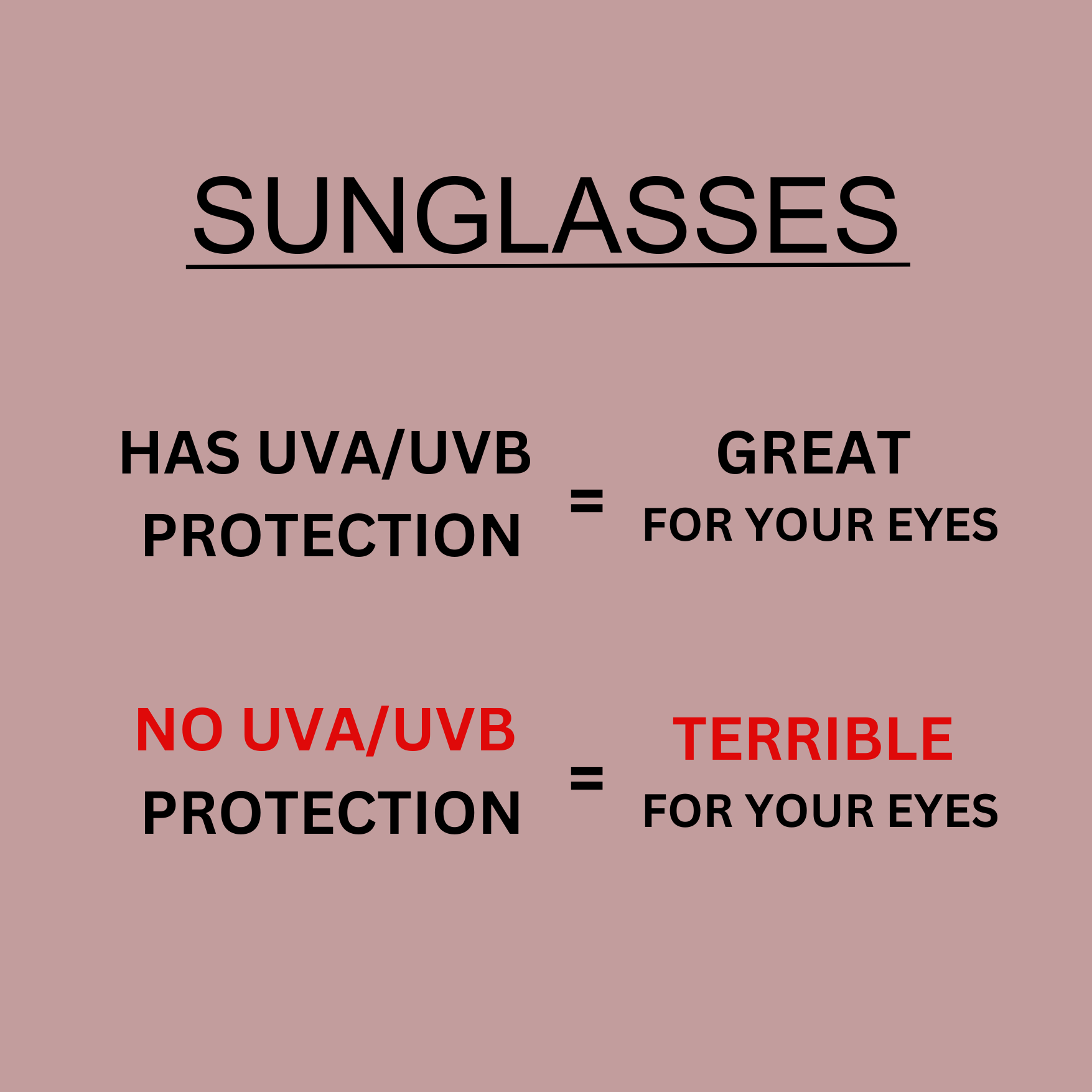
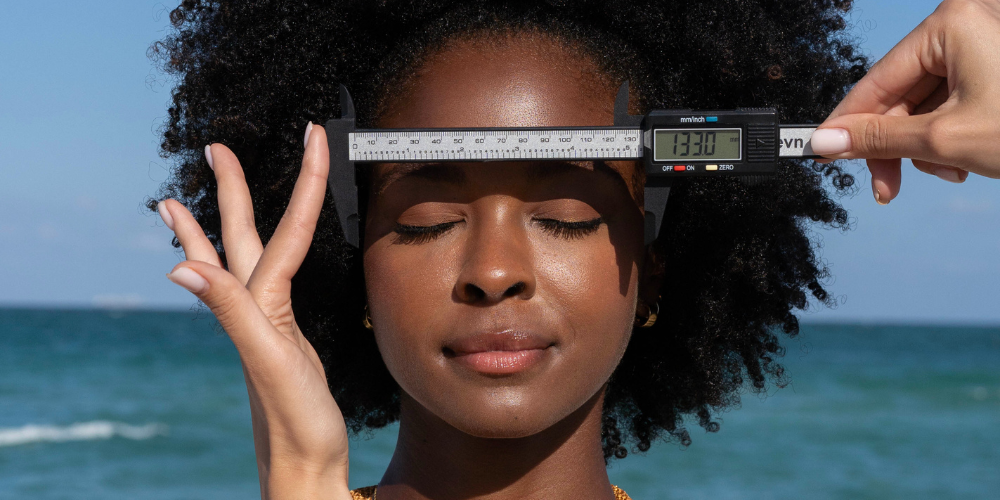
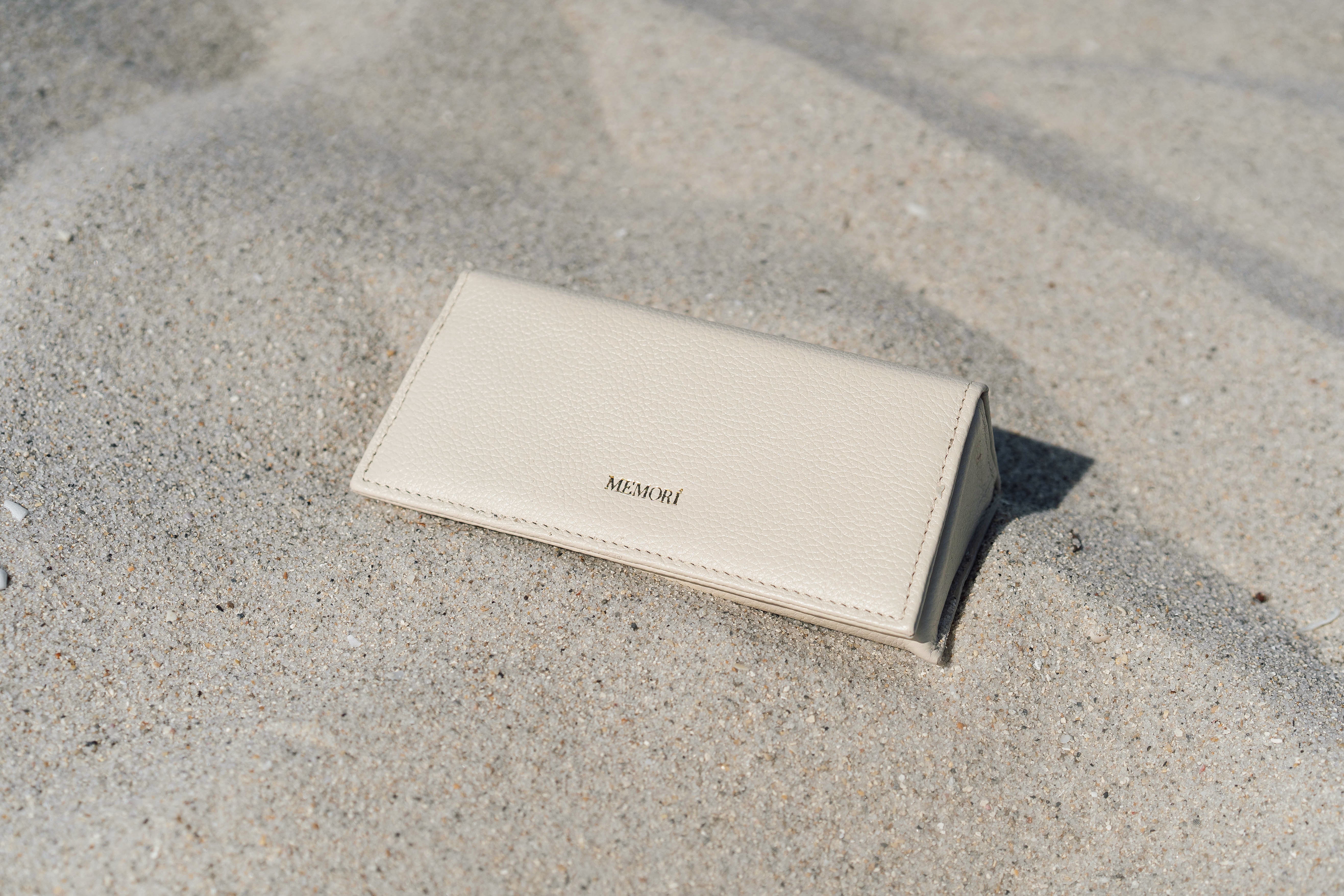

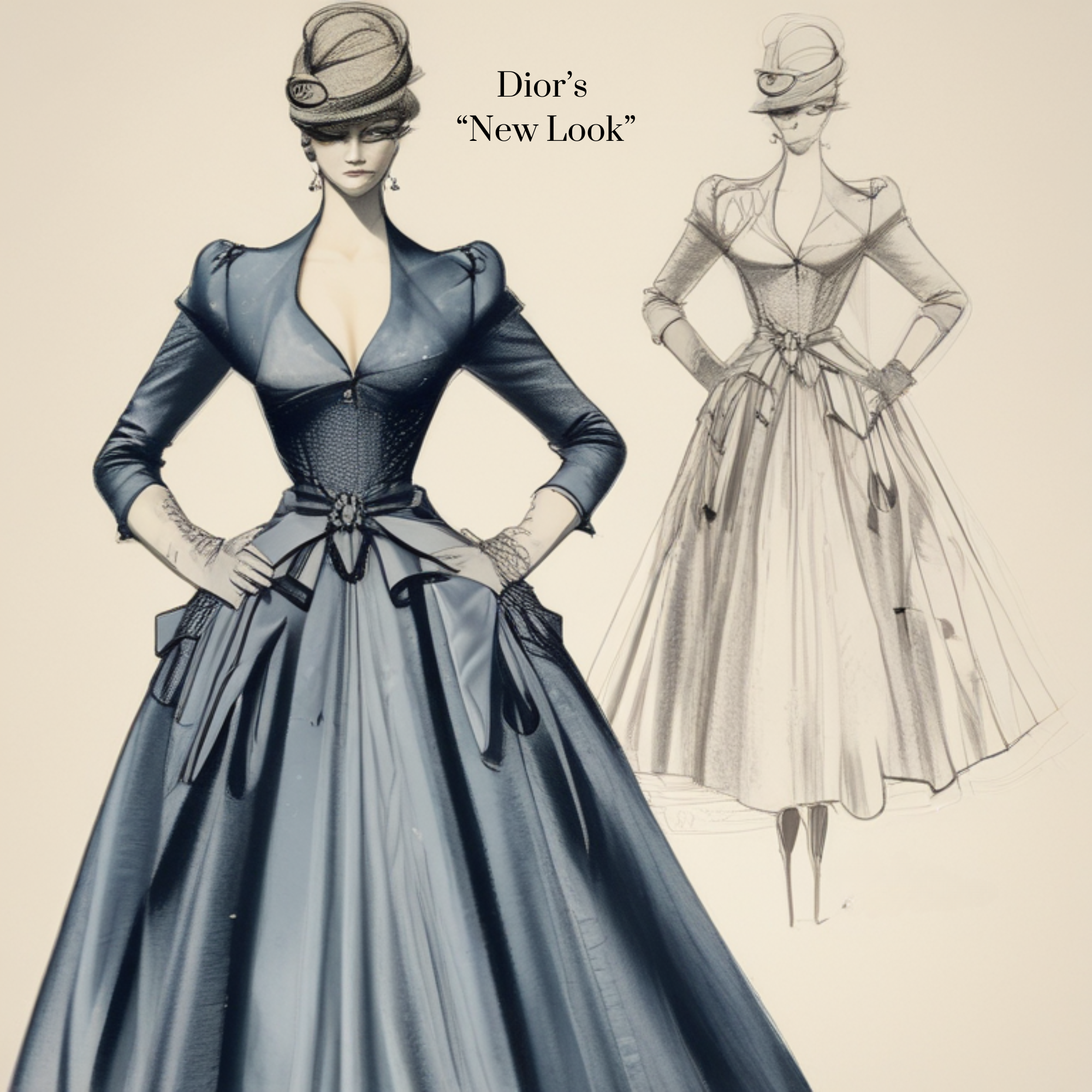
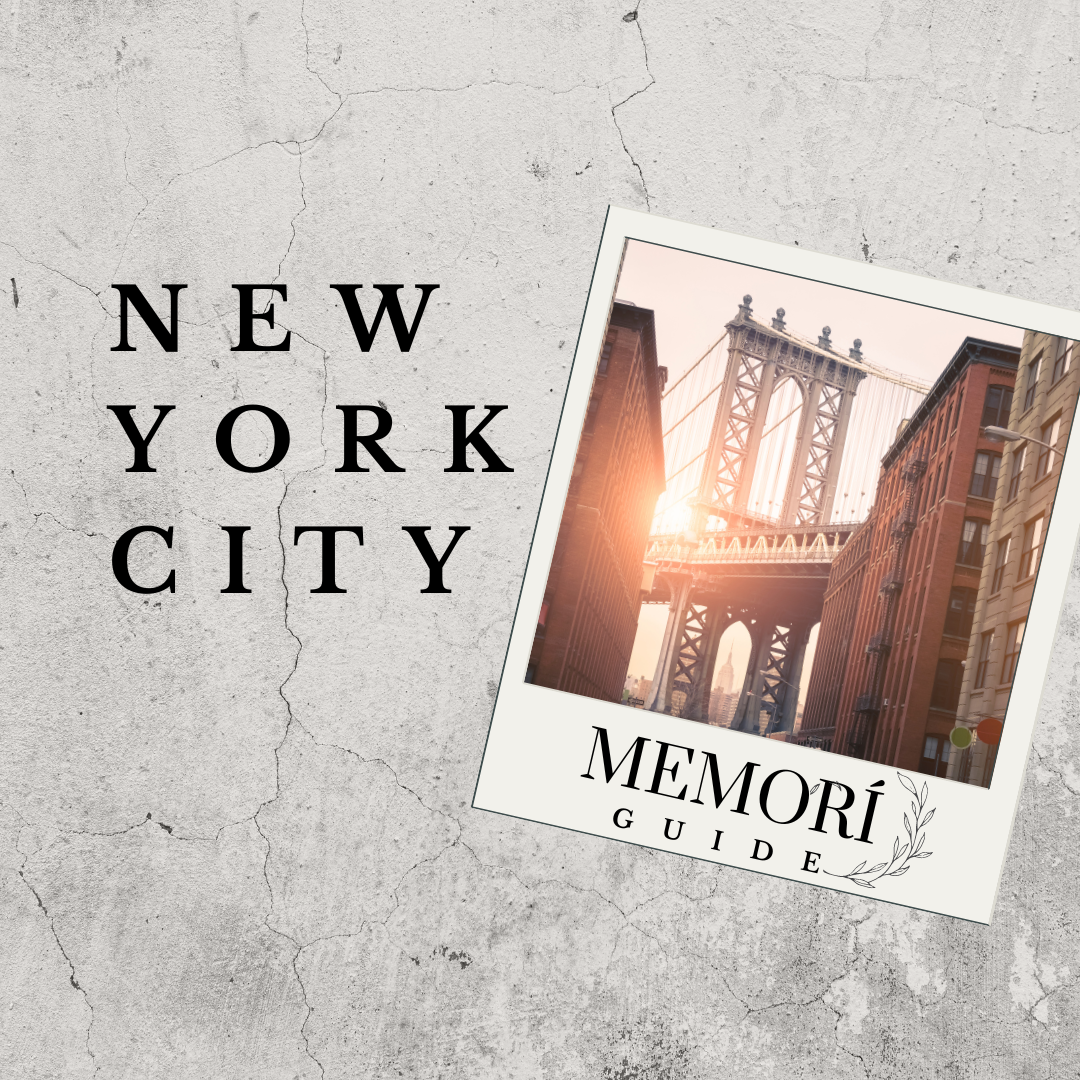

Leave a comment